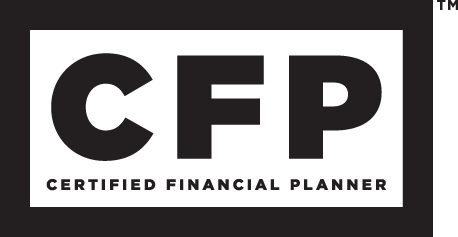 Correlation & the Efficient Frontier
Today I want to discuss correlation within the context of portfolio construction. If you live in a climate where the weather is...
Correlation & the Efficient Frontier
Today I want to discuss correlation within the context of portfolio construction. If you live in a climate where the weather is...
A call option provides a way to temporarily speculate on a business’ successes with minimal capital outlay when compared to becoming a direct stockholder. A call option’s current value is driven by time elapsed, leading to the options’ expiration, and price fluctuation of the underlying stock that the option is written for. Call the Shot […]
















